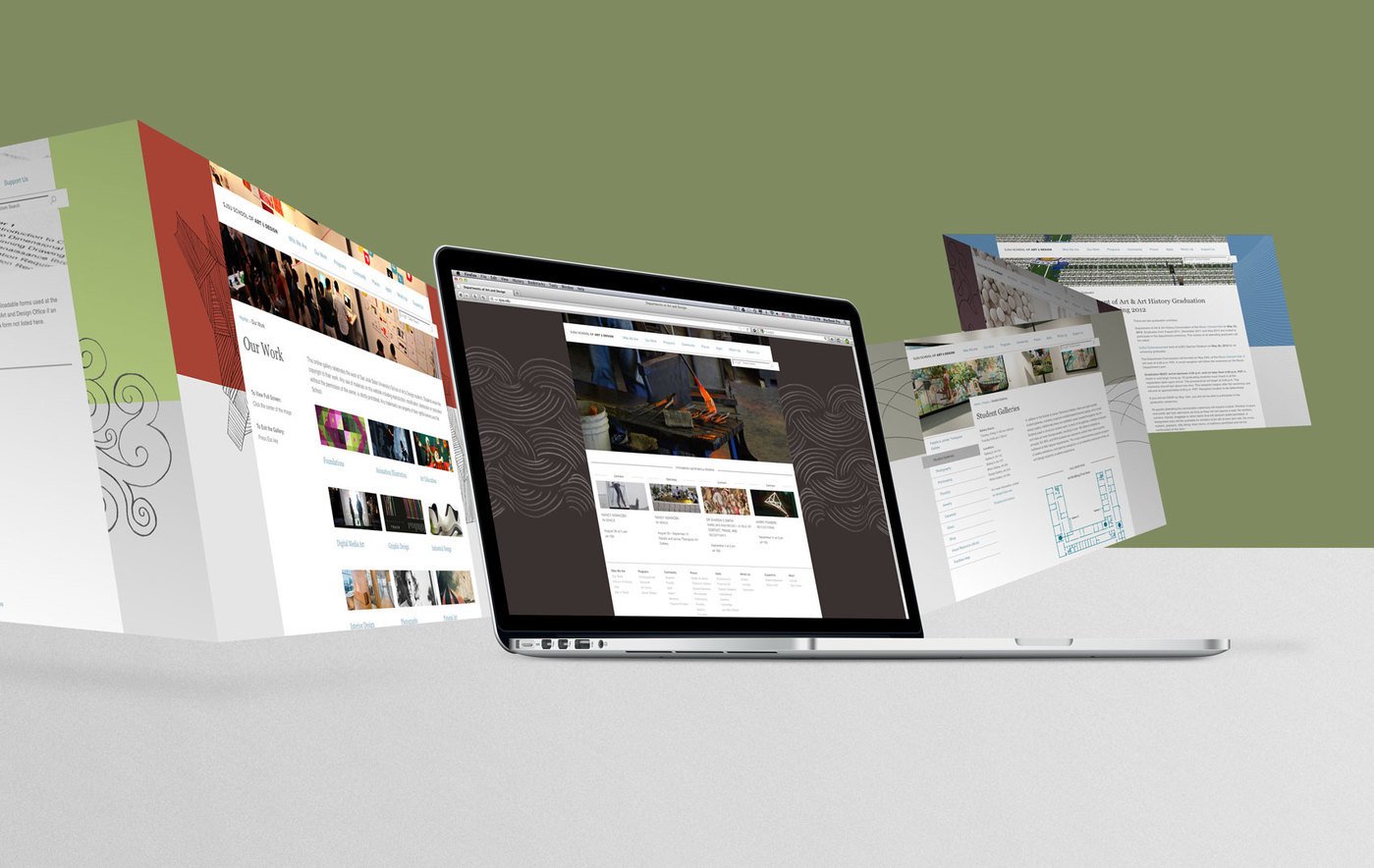Why Your Small Business Needs a Website
The Importance of Online Presence
In today’s digital age, having a website is non-negotiable for small businesses. It’s like your digital storefront—open 24/7 and accessible to a global audience. A website gives your business credibility and helps potential customers find you online.
Benefits of Having a Professional Website
A well-designed website can do wonders for your business. It showcases your products or services, builds trust, and provides a platform for customers to contact you easily. Plus, it’s a great way to establish your brand identity.
Factors to Consider When Choosing a Website Builder
Ease of Use
As a small business owner, you may not have a tech background. Choose a platform that’s beginner-friendly with drag-and-drop functionality.
Customization Options
Your website should reflect your brand. Look for builders that offer flexibility in design and features.
Cost and Budget
Website builders come in a range of price points. Some offer free plans, while others have premium options with more advanced features.
Scalability and Features
Think long-term. Pick a builder that can grow with your business, offering features like eCommerce, SEO tools, and integrations.
Top Website Builders for Small Businesses
Wix
Wix is one of the most popular website builders, known for its user-friendly interface and customizable templates.
Pros and Cons of Wix
- Pros: Intuitive drag-and-drop editor, extensive app marketplace, affordable pricing plans.
- Cons: Limited flexibility once you choose a template, can get costly with premium features.
Squarespace
Squarespace is perfect for businesses that prioritize aesthetics. It’s ideal for creative industries like photography or design.
Pros and Cons of Squarespace
- Pros: Beautiful, professional templates; great for visual storytelling.
- Cons: Slight learning curve, limited customization options compared to competitors.
Shopify
If eCommerce is your primary goal, Shopify is a fantastic choice.
Pros and Cons of Shopify
- Pros: Robust eCommerce features, secure payment options, scalable for larger stores.
- Cons: Higher pricing, limited options for non-eCommerce websites.
Weebly
Weebly is a great budget-friendly option with solid features for small businesses.
Pros and Cons of Weebly
- Pros: Affordable, beginner-friendly, offers eCommerce capabilities.
- Cons: Less customization and fewer integrations.
WordPress.com
WordPress.com is a versatile platform for small businesses that want control over their site.
Pros and Cons of WordPress.com
- Pros: Highly customizable, SEO-friendly, a large community for support.
- Cons: Can be challenging for beginners, some features require a premium plan.
Comparing Website Builders
Features Comparison
Each builder shines in different areas. Wix offers variety, Squarespace excels in design, Shopify dominates eCommerce, and WordPress is great for customization.
Pricing Comparison
Budget matters! Weebly and WordPress.com have free options, while Shopify and Squarespace lean towards premium pricing.
Customer Support
Reliable customer support can save the day. Shopify and Wix are known for excellent assistance, while WordPress often relies on community support.
Tips for Building a Successful Small Business Website
Keep Your Design Simple
Less is more. Avoid clutter and focus on a clean, user-friendly design.
Optimize for Mobile Users
With most people browsing on their phones, a mobile-friendly website is a must.
Add Clear Call-to-Actions (CTAs)
Guide your visitors. Whether it’s “Contact Us” or “Shop Now,” clear CTAs improve user experience.
Prioritize SEO
Make sure your website is search engine-friendly. Use keywords, optimize images, and create valuable content.
Conclusion: The Best Website Builder for Your Needs
The best website builder depends on your business goals. Wix is ideal for beginners, Squarespace for design-focused industries, Shopify for eCommerce, Weebly for budget-conscious users, and WordPress for those seeking customization. Choose the one that aligns with your needs and start building your online presence today!
FAQs
What’s the most cost-effective website builder?
Weebly and WordPress.com offer free plans, making them the most budget-friendly.
Do I need coding knowledge to use a website builder?
Not at all! Most website builders are designed for beginners with no coding experience.
Which website builder is best for eCommerce?
Shopify is the go-to option for eCommerce, thanks to its robust features.
Can I switch website builders later?
Switching is possible but can be tricky. Choose carefully to avoid headaches down the line.
How long does it take to build a website with these tools?
It can take a few hours to a couple of days, depending on the complexity of your site.
